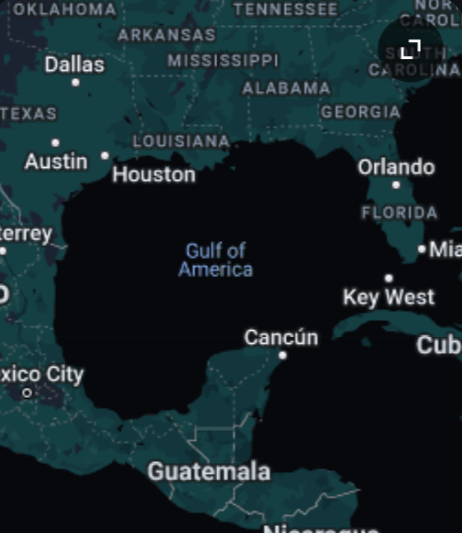Tell me something I don’t know; Missing value of learning life necessities
December 10, 2020
As the class of 2021 steadily approaches the end of their senior year, we reflect on all those years. The same little kids who laughed and played tag at recess made their way to varsity sports. Clever little minds challenged themselves with AP classes and foreign languages.
The class of 2021 has not had an easy senior year, students and staff alike feel that they are missing out due to the pandemic, but as we grow closer to the end of our high school career, teaching ourselves behind computer screens, I wonder how much we have learned.
By the time we have left high school, many of us will have an abundance of knowledge, but the classics we read in English didn’t teach me how to apply for colleges, and as I solved for y, paying taxes didn’t become any easier. While I am grateful for the courses made available to me in school, there is so much left to learn by ourselves.
Who will teach us how to change a tire? What class can we take to learn time management? When will we learn how to write a check? While we are required to have gym credits, art credits, and at least two years of a foreign language, we are not required to enter the “real world” with the knowledge we will undoubtedly need.
Some may pursue a future in chemistry or biology, for others, sciences classes were a foreign language. In public schools we are surrounded by people of various passions; the people we once attended elementary school with may be tomorrow’s teachers, doctors, artists, and parents. And yet as some of us graduate we will not know basic first aid, basic car maintenance, and far and few can cook.
While we are required to learn MLA format, which some may never use once they pursue their futures, the class of 2021 is yet another year of graduates who were not required to take a home economics class. A class that teaches lessons of great importance such as cooking, nutrition, personal finance, personal wellness, housekeeping, were deemed less important than subjects such as trigonometry, AP English, and Spanish II.
We attend school to prepare for our futures, which will all be different and extraordinary in their own way, so why do we take the same classes? Science and history are required for three of our four high school years and we only need half a credit in health to graduate.
While I am thankful for my many years spent in a safe learning environment and with free transportation and countless opportunities, I wonder if the amount of teaching is equal to the amount of learning.
















